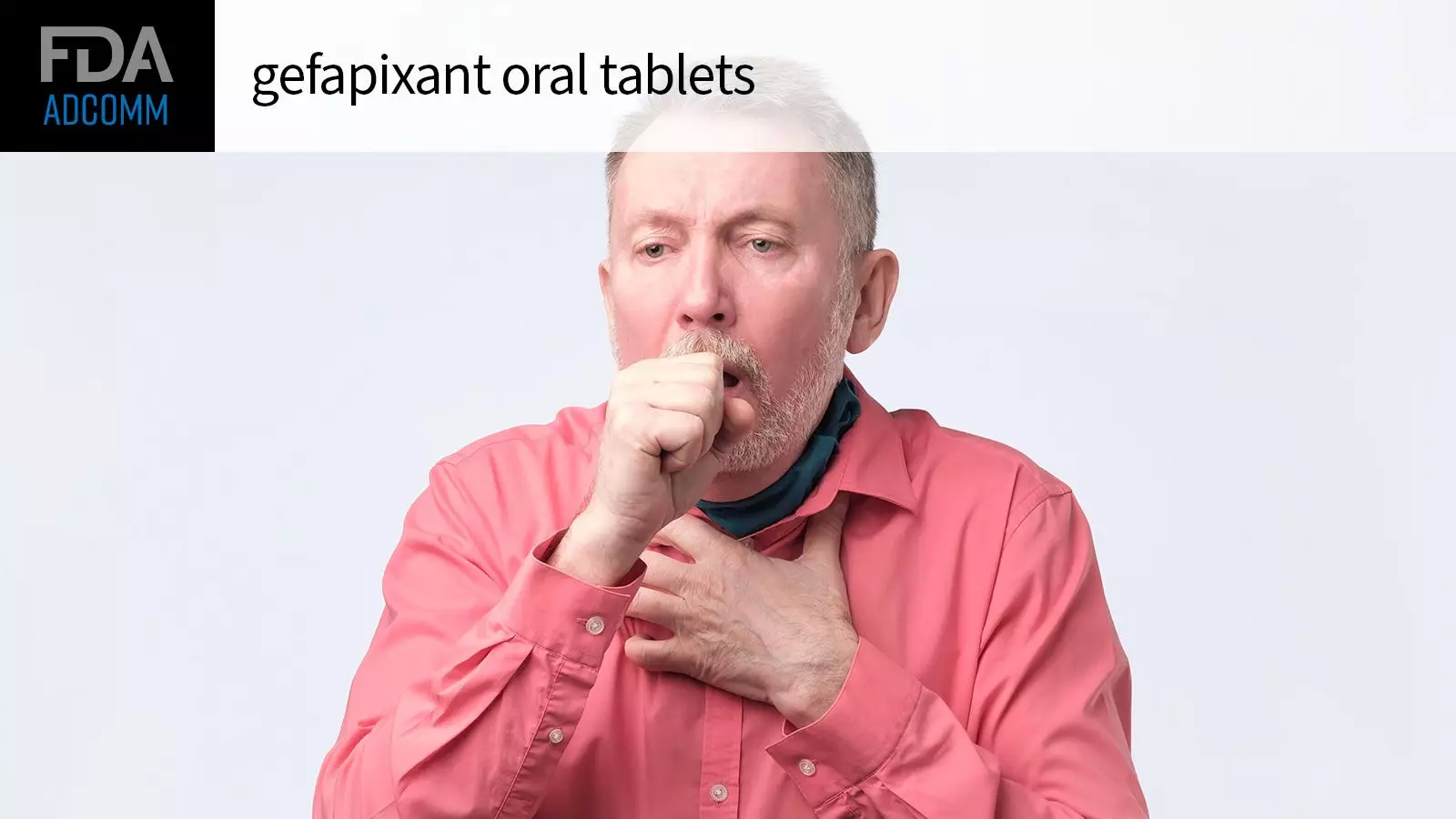The recent evaluation of gefapixant for the treatment of chronic cough by the FDA’s Pulmonary-Allergy Drugs Advisory Committee has raised concerns over its efficacy. The committee concluded that the evidence presented does not warrant approval for this condition, for which there is currently no approved therapy available. Although phase III trials showed some reduction in cough frequency, the committee deemed it insufficient to provide meaningful clinical benefits. This decision paves the way for the FDA to reject Merck’s drug candidate once again. Additionally, the FDA expressed concerns about the measurement system used in the pivotal trials and requested a recount using a different methodology.
In the updated analyses presented, the trials demonstrated a relative reduction of 15-17% in 24-hour cough frequency with a 45-mg dose of gefapixant administered twice daily. However, this reduction fell short of the intended 30% reduction planned for the trials. The committee suggested that the modest reduction in cough frequency may not be clinically significant in patients with refractory or unexplained chronic cough lasting for more than 8 weeks. Furthermore, the difference in cough frequency reduction was significant in only one of the two trials, raising concerns regarding the drug’s overall effectiveness.
While some patient-reported outcomes (PROs) showed a slight improvement with gefapixant, the extent of this benefit remains uncertain. In one trial, a marginally higher proportion of patients experienced a significant increase in the Leicester Cough Questionnaire total score compared to placebo. However, this improvement accounted for just 3.3% more patients than the placebo group. These findings highlight the challenges in interpreting the results and establishing the clinical significance of the observed improvements.
Drug Risks and Adverse Effects
Apart from the concerns regarding the drug’s efficacy, gefapixant has been associated with taste disturbances, experienced by 65% of patients in the studies. This adverse effect led to treatment discontinuation in 14% of individuals. The presence of taste disturbances may have potentially influenced the study participants and compromised the blinding of the trials. These side effects further contribute to the overall inadequate risk-benefit profile observed for gefapixant.
The Unmet Need for Chronic Cough Treatment
Chronic cough affects a significant percentage of adults, with an estimated prevalence of 5% to 10%. In cases where the cough persists despite treatment for underlying conditions like chronic obstructive pulmonary disease (COPD) or asthma, or when no identifiable medical cause is present, it is considered refractory or unexplained, respectively. Currently, off-label use of various products such as neuroleptics, opioids, and local anesthetics is employed to manage the condition. However, the risks associated with these treatments and the limited evidence supporting their effectiveness present challenges in their widespread use. Consequently, there remains an unmet need for an approved drug that provides long-term treatment for chronic cough.
Exploring the Mechanism of Action
The proposed mechanism of action for gefapixant involves the purinergic P2X3 receptor, which is thought to be one of several receptors involved in triggering cough reflex. By inhibiting this receptor, gefapixant aims to reduce sensitivity to stimuli and suppress coughing. However, the efficacy of this approach remains uncertain, particularly considering the limited clinical benefits observed in the phase III trials.
The FDA advisory committee’s assessment of gefapixant for the treatment of chronic cough highlights multiple inadequacies and uncertainties. The modest reduction in cough frequency, ambiguous patient-reported outcomes, significant adverse effects, and the absence of a clear clinical benefit all underscore the need for more effective and safer treatment options. As the search for better therapies continues, healthcare providers and researchers must collaborate to address the unmet medical needs of patients suffering from refractory or unexplained chronic cough.


Leave a Reply